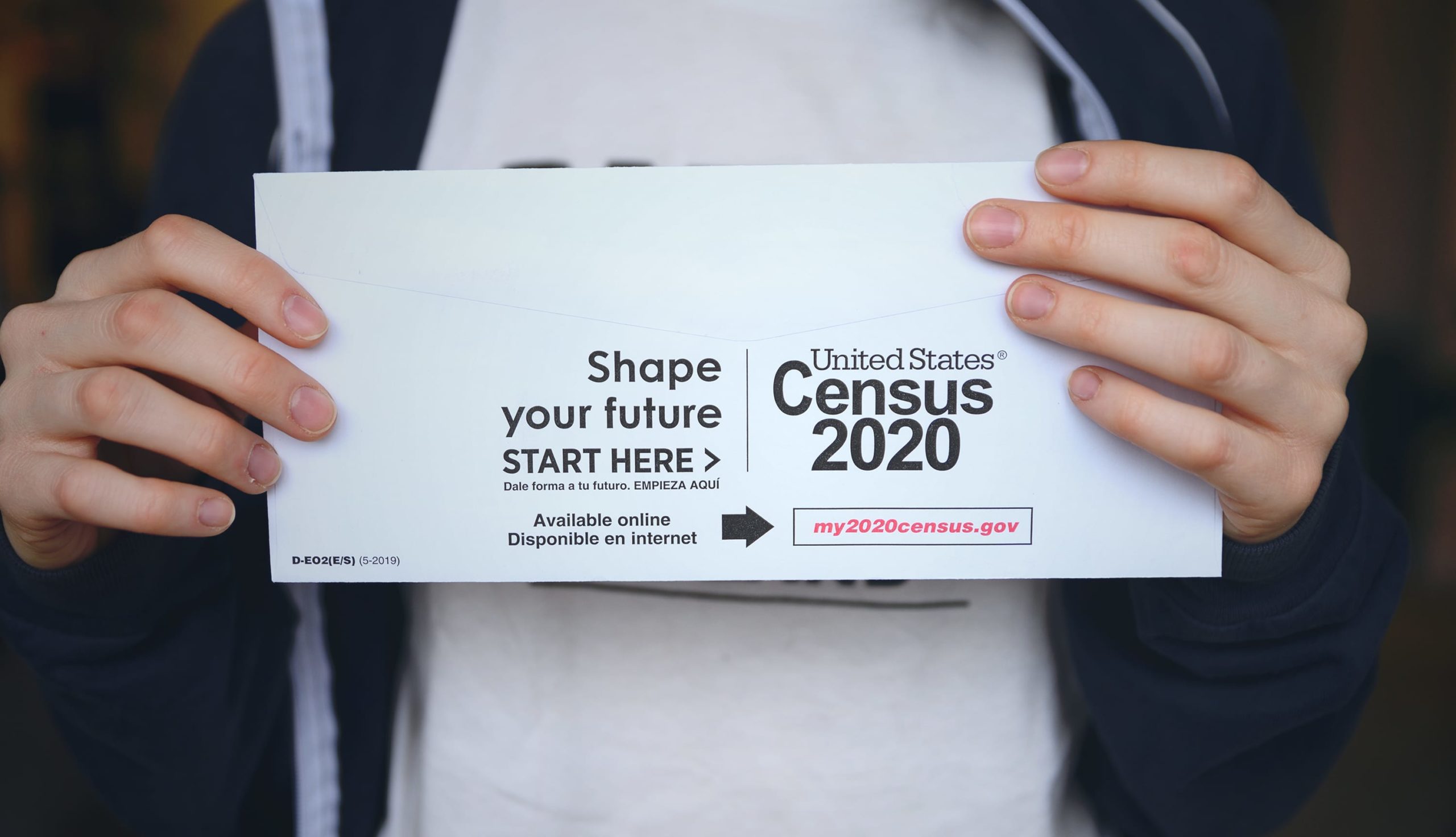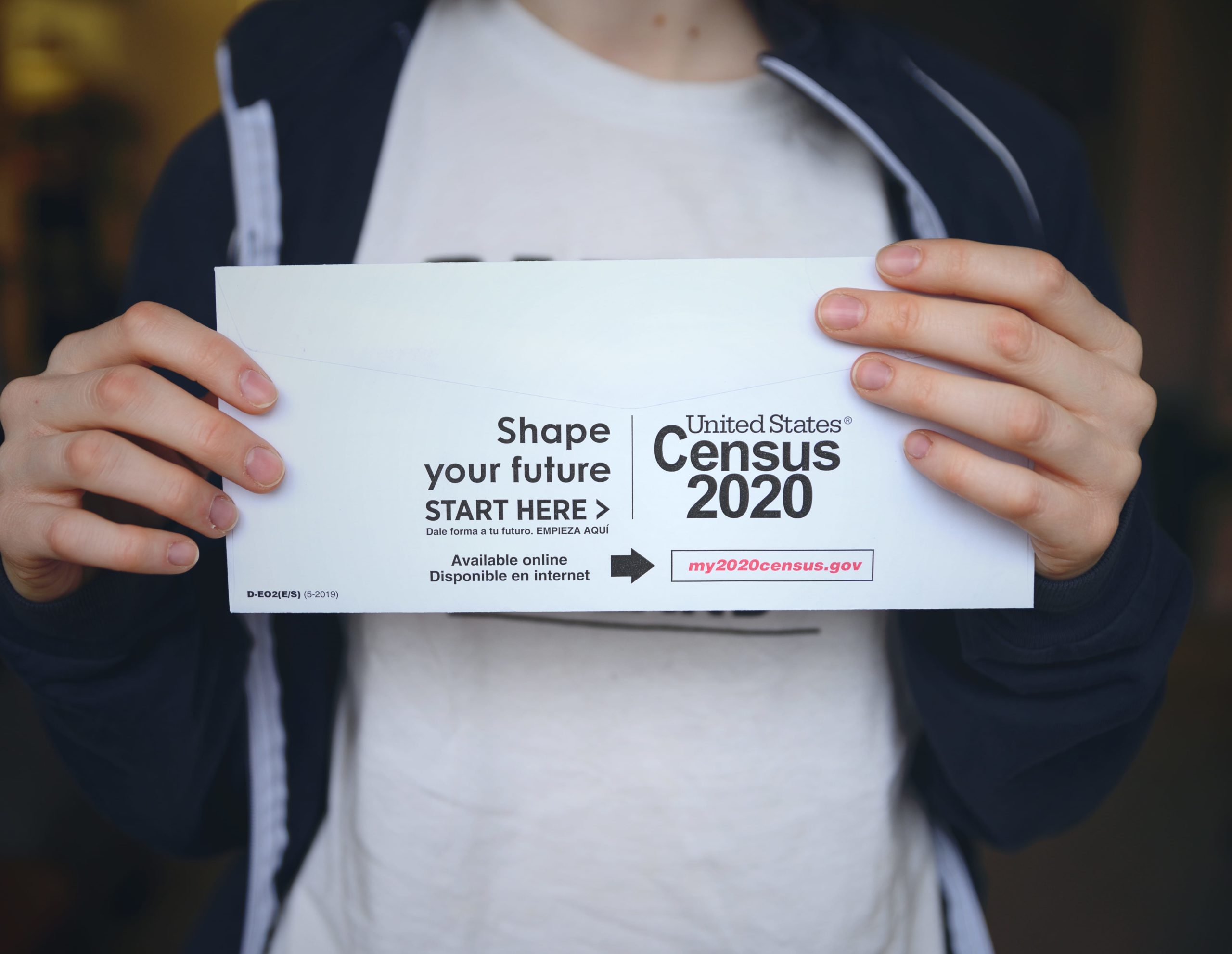The Census Funded Programs Keeping Communities Afloat During COVID-19 Rely On A Complete Count
Apr 13, 2020

 The Census remains one of the most important tools in providing communities across the country with essential funding. Over $24 billion in federal funds alone are distributed over a decade across D.C, Maryland and Virginia to fund programs like Medicare and Medicaid, public infrastructure like roadways, the Supplemental Nutrition Assistance Program, and grants that enable nonprofits to aid communities in times of crisis.
The Census remains one of the most important tools in providing communities across the country with essential funding. Over $24 billion in federal funds alone are distributed over a decade across D.C, Maryland and Virginia to fund programs like Medicare and Medicaid, public infrastructure like roadways, the Supplemental Nutrition Assistance Program, and grants that enable nonprofits to aid communities in times of crisis.
Unquestionably, the Census is critical in the functionality of American democracy. It gives localities the capacity to account for the health, education and financial stability of all its residents. Allocated federal funds are championed every decade to include a host of safety net programs and community backed initiatives that serve low income and working communities. However, it is often the communities that depend on Census funding the most that are chronically undercounted.
There are a lot of factors that contribute to an undercount, but in general poverty is an overarching correlation. Restricted access to the internet, unstable housing, and arduous work schedules on top of a general misunderstanding of what the Census is and what it does can impede an individual’s ability to respond. However, ensuring that these communities are included in the Census count can reduce the disparities surrounding them. Appropriately funded education systems as well as an inclusion of safety net programs like food stamps funded through SNAP play an integral role in breaking cycles of poverty.
In light of COVID-19 and the increasingly tense socio-political climate, it is more important than ever to support our community’s engagement in a complete and accurate count. In the face of the current coronavirus outbreak, these programs funded by the Census—SNAP, community based organizations, Medicare and Medicaid— that are enabling families, children and workers to stay afloat. Without the federal dollars provided by the Census, local governments, nonprofits, and businesses don’t have the flexibility or the capacity to respond to an imminent crisis. Localities struggling with undercounts have gaps in needed funding for their population and in times of distress— such that the region is experiencing now— are left with even less.
United Way of the National Capital Area is on the frontlines in aiding the complete count initiatives of municipalities throughout the region. In the wake of COVID-19 it is your United Way’s task to bridge the gaps in disparities experienced as a result of inequity— a complete and accurate Census count being a key successor in that work. The Census count concludes August 14th and your United Way will continue to partner with nonprofit and government entities to ensure that all residents in the DMV are included. Join us in using #CountDMVIn on social media or wherever you’re talking about the Census.



